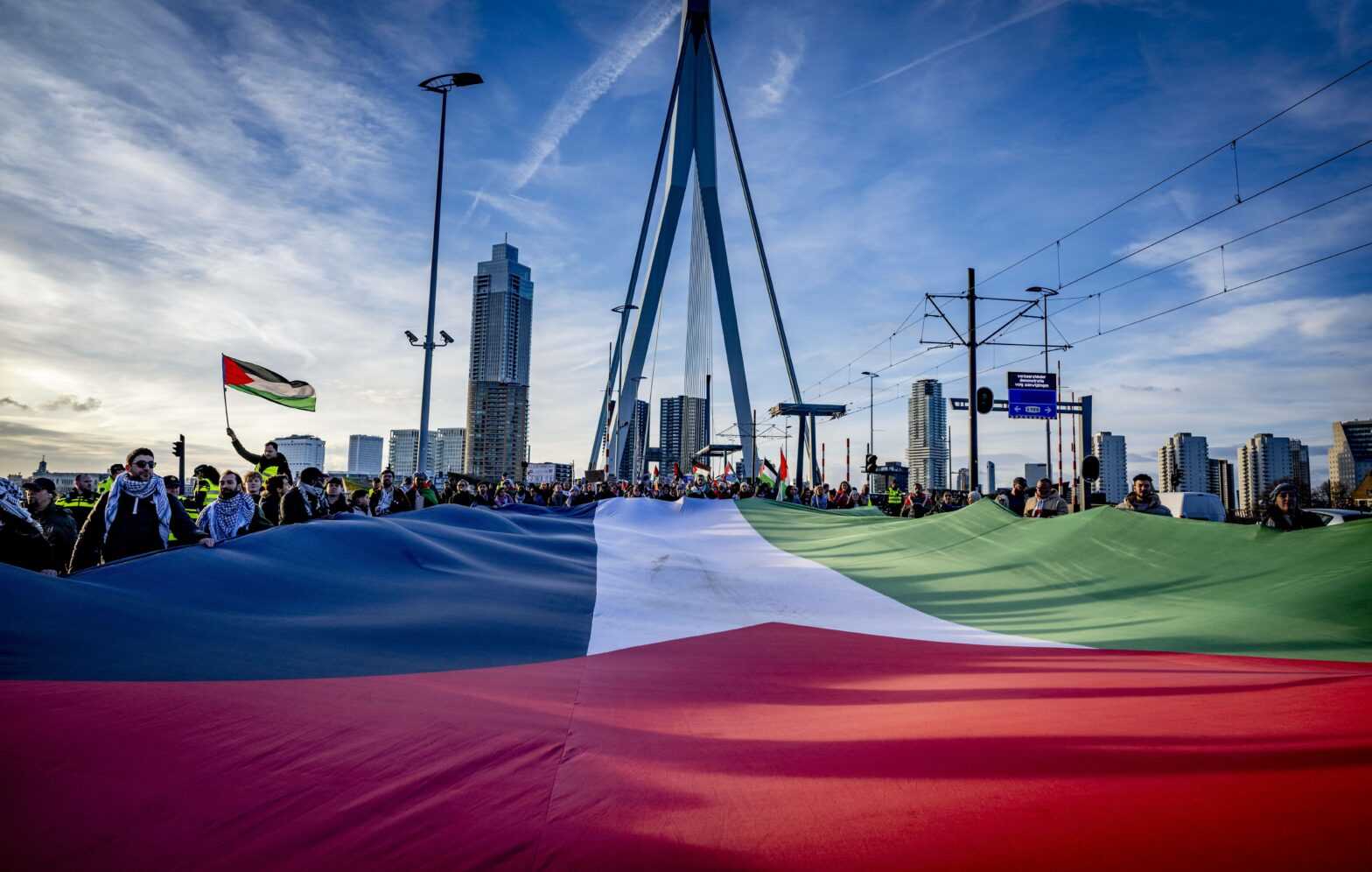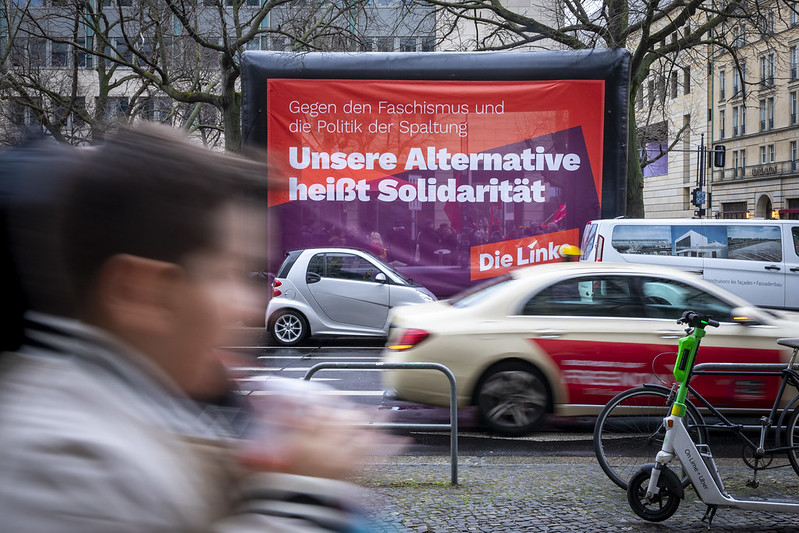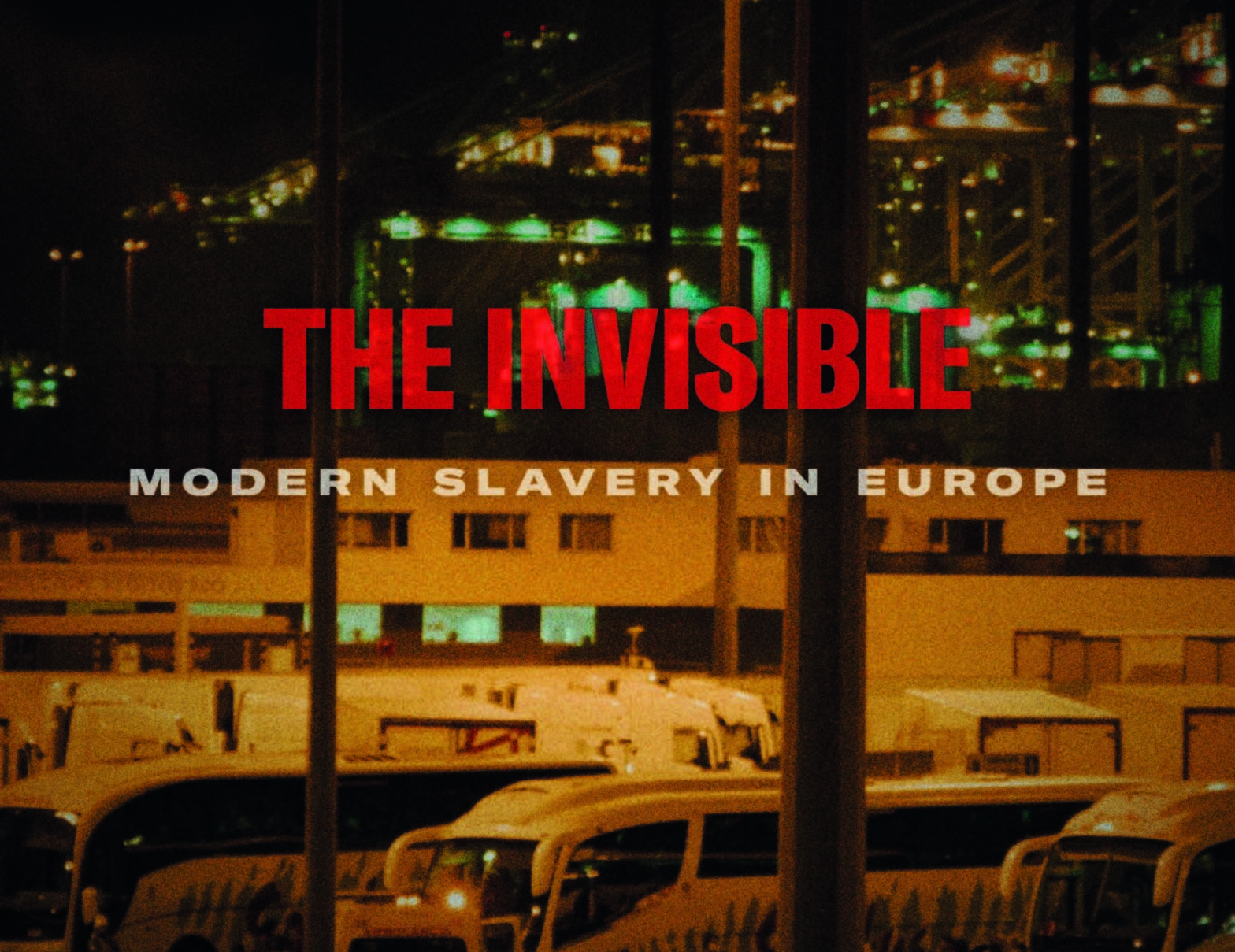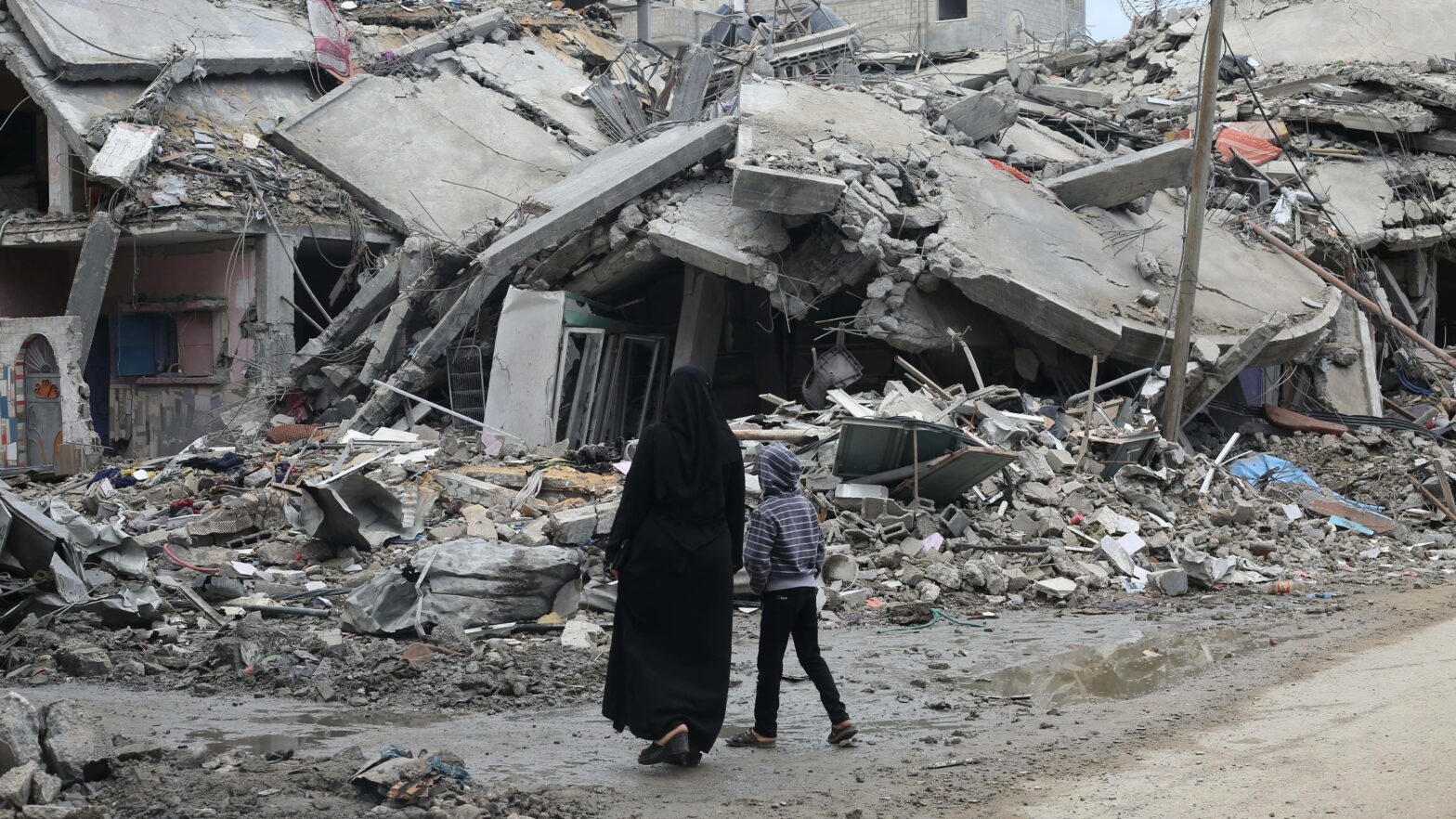Share Twitter Facebook Email Copy URL
From January 25 to 29, 2021, the World Economic Forum is organizing a week of online meetings and debates: the “Davos Agenda.”[1] This event will see the launch of the “Great Reset” initiative, a program meant to develop a new public policy paradigm for the post-Covid crisis. According to its initiators, it would aim at nothing more and nothing less than to “reset capitalism”: reshuffle the priorities of the business world and governments so as to promote “equitable,” “sustainable” and “resilient” development.[2] But beyond the great rhetoric, this agenda for the “world after” looks above all like a revival of the same recipes promoted for decades by the Davos Forum.
By Frédéric Lemaire, journalist, economist, member of Attac France, co-author of Cette crise qui n’en finit pas (Paris, Les Liens qui Libèrent, 2017)

Founded in 1971, the World Economic Forum organizes an annual summit—also known as the Davos Forum—bringing together business leaders, politicians, NGO representatives, journalists and academics from around the world. The stated objective: to fuel the debate on the major global issues—economy, health, education, climate, access to water—in particular by promoting “market-based solutions.”[3]
The Davos Forum’s pro-market agenda and its influence on the world stage have long drawn criticism. To escape its image as a “club of the rich” and respond to today’s global challenges, the Forum has gradually adapted its discourse and embraced new issues. Thus, in 2017 the Davos summit was placed under the umbrella of “social inclusion and human development.” In January 2020, the climate emergency was on the agenda. Yet behind this social and ecological display, the logic of the Forum apparently remains the same: promoting private sector mobilization and market solutions.
The “Great Reset” program illustrates this perfectly. This initiative will be at the heart of the week of online meetings and debates of the Davos Agenda, which this year—due to Covid—replaces the usual summit. At first glance an ambitious program, since it aims nothing more or less than to seize the opportunity of the Covid crisis to “reorganize all aspects of our societies and economies,” in the words of the founder of the World Economic Forum, Klaus Schwab. Every country must participate, every industry must be transformed, according to the “guru” of Davos. Concretely, however, it is not easy to easily discern the essential content of the proposals, at least if one holds to the grand declarations of principle. The program agenda for the days of debate during the Davos Agenda, from January 25 to 29, informs us, however, that the “Great Reset” is structured around five “areas” or themes that will structure discussions throughout the week.
The first theme is entitled “Designing cohesive, sustainable and resilient economic systems,” and will be addressed on the first day. Behind the managerial newspeak, the content and the guests on the major panels give a more precise idea of the “world after” called for by the organizers of the Forum. Thus, “Restoring Economic Growth” appears as one of the priorities. Panelists include several ministers (Indonesian, German and French), the governor of the Bank of Japan, the president of the European Central Bank and the leaders of Goldman Sachs and Volkswagen. Another major panel explores the proposals of essayist Hilary Cottam (“Advancing a New Social Contract”). In her writings, the author criticizes social protections deemed too costly and anachronistic, and calls for “revolutionizing the welfare state” with increased individual initiative, new technologies and public-private partnerships.[4]
The second theme is entitled “Driving responsible industry transformation and growth.” The idea being that the Covid crisis should be an opportunity to reorient the economy in a “healthier” direction. Two major panels are dedicated to “Implementing Stakeholder Capitalism,” a concept dear to Klaus Schwab. In this model companies with good will are called upon to implement “environmental, social and governance (ESG)” criteria. On the panel: Larry Fink (BlackRock), the leaders of Bank of America and the chemical giant Solvay, as well as the director of the International Monetary Fund (IMF). Two other sessions “Strengthening the Financial and Monetary System,” involve the leaders of Axa, Santander, Barclays, JP Morgan, the governor of the Bank of France and the Saudi minister of finance. With such panels, one can wonder about the extent (or content) of the declared “transformations”…
The third day revolves around the theme: “Enhancing stewardship of our global commons.” This deals with ecological issues, through different shades of green capitalism. Presenters in two sessions on “Mobilization Action on Climate Change” include the CEOs of LG Chem, specialist in petrochemicals and battery production, and the Shell oil company. Panels are also planned on market solutions to “Transforming Food Systems and Land Use” with the CEO of PepsiCo among others. The day will conclude with a conversation between Bill Gates and bankers Mark Carney (now UN Special Envoy) and Bill Winters (Standard Chartered) on the “opportunity” represented by carbon markets to impact climate change.
The fourth theme is “Harnessing the Technologies of the Fourth Industrial Revolution.” This “revolution” —which is a recurring theme at the Davos Forum —would be based on the increased use of artificial intelligence technologies. Two panels examine the need to “Skilling the Global Workforce”to anticipate job losses linked to these new technologies; with as panelists the leaders of temporary employment companies Adecco and Manpower.
Finally, the last day of the Davos Agenda is dedicated to the theme “Advancing Global and Regional Cooperation.” In reality, this is above all about trade, and more precisely of “Fixing the International Trade System,” if not about “Greening Trade,” or even “Accelerating Digital Trade.” Another series of panels examines how the private sector could improve international cooperation (“Resetting Geopolitics”).
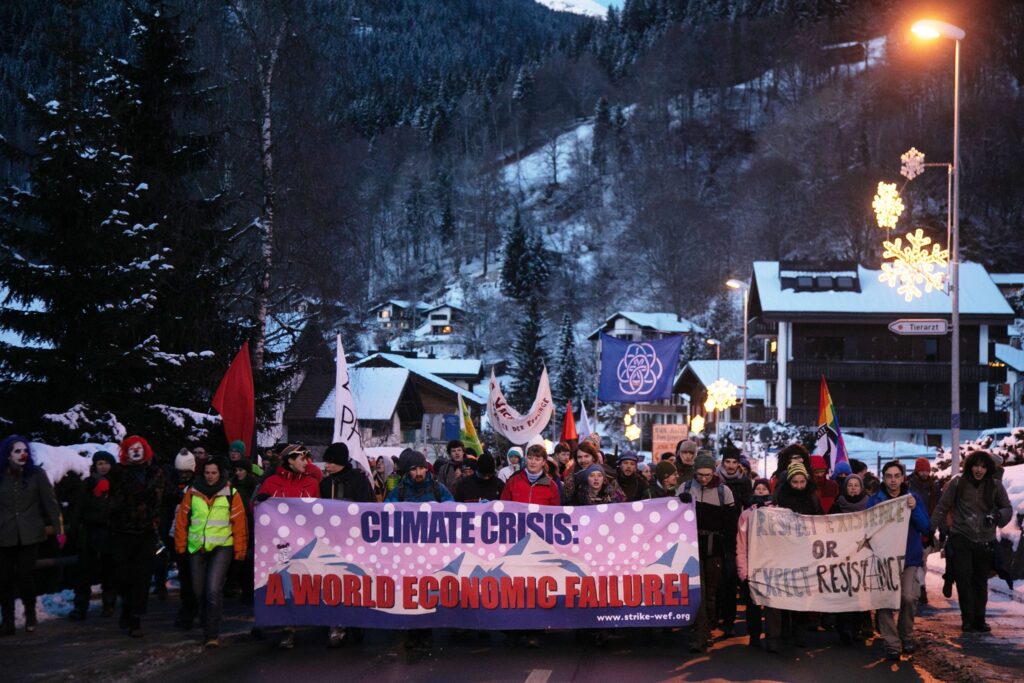
Several conclusions can be drawn from this brief overview of the main lines of the Davos Agenda program, which are also those of the “Great Reset.” The first is the stark contrast between the great poignant speeches about the need to break with the “world before”; and on the other hand the great banality of the solutions being debated. Because it is more or less the same recipes rehashed for decades at the Davos Forum, and the same “market solutions” developed by multinationals, for multinationals. And in areas that are certainly varied: education, agriculture, health policies, as well as the fight against climate change.
“We cannot solve our problems with the same thinking we used when we created them” said Einstein. “Neither by relying on those responsible,” one would be tempted to add. Yet this is what the World Economic Forum is committed to, which invites the big oil companies to talk about the climate crisis. Environmental activist Payal Parekh was already denouncing the deception about the Davos Forum in January 2020.
Throughout the agenda of the “Great Reset” we can discern a specific effort: that of implementing the “shock doctrine” analyzed by Naomi Klein. And how to take advantage of the Covid crisis to advance the age-old inegalitarian and pro-market agenda of the Davos Forum, hastily redesigned for the occasion. But it is not certain that the illusion operates in a context of unprecedented mistrust, in which health, ecological and social crises are cumulative.
A rethinking of the global economy, post-Covid, is certainly desirable and necessary. But it calls for implementing a real program of rupture. Which starts by questioning the hegemony of the private sector, and restoring the means for strong and ambitious public action, under democratic control. Undertaking, against the dogma of free trade, a real reorientation and relocation of the economy in the service of populations. But you won’t hear about that at the Davos Forum …
[1] The annual summit of the World Economic Forum (or “Davos Forum”) has itself been rescheduled as a “special meeting,” announced for Singapore from May 25-28, 2021.
[2] For more details see this article by Klaus Schwab Now is the time for a great reset (03/06/20), on the World Economic Forum website.
[3] As examples, the World Economic Forum advances market solutions in areas as diverse as the ecological crisis, humanitarian crises and in food systems.
[4] See the presentation by Hilary Cottam – a frequent participant of the Davos Forum – during its 2019 edition.
Translation: Yeshica Weerasekera
